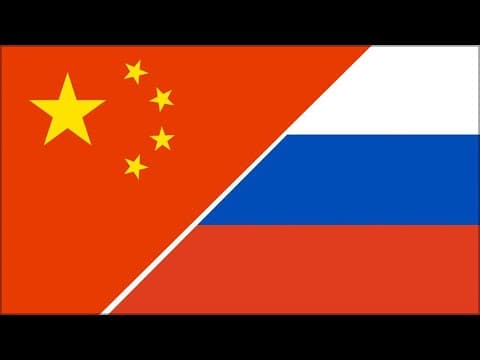Vedic astrology, known as Jyotish Shastra, is an ancient practice that offers profound insights into the cosmic influences on Earth. One intriguing application of Vedic astrology is in the field of Vastu Shastra, the science of architecture that not only applies to buildings but also extends to the geographical layout of countries. This article delves into the Vastu analysis of two Asian superpowers, China and Russia, and examines the changes that have occurred in India over the past century.
The Vastu of China: A Superpower in the Making
Chinas rise to superpower status can be analyzed through the lens of Vastu Shastra. When observed from a satellite view, significant features of Chinas geography become apparent. The southwestern corner of China is marked by powerful heights, which play a crucial role in its Vastu. Additionally, the southern and southwestern regions also exhibit considerable elevation, while the rest of the country remains relatively low. This specific topography contributes to Chinas prosperity but also brings certain challenges.
One of the notable Vastu features of China is its extension towards the Northeast. This extension, combined with the presence of water in the Northeast, is a significant aspect that parallels the Vastu of the United States. Both countries share this particular trait, which is considered auspicious in Vastu Shastra. The water element in the Northeast is believed to enhance prosperity and growth.
However, China is not without its Vastu flaws. The countrys corners are mostly rounded, which is an unfavorable feature. Rounded corners create disharmony between the people and the government, a common issue in China. Additionally, the lack of spirituality in the country can be attributed to these rounded corners and other Vastu imbalances. Despite these drawbacks, the presence of water in the east and the extension towards the Northeast significantly bolster Chinas prosperity.
Russias Vastu: A Land of Rectangular Energies
Russia, another Asian superpower, exhibits some of the same Vastu features as China. The countrys geographical layout includes an extension towards the Northeast and the presence of water in the north and east. The shape of Russia can be likened to a rectangle, a form that combines various natural elements harmoniously. This blend of water, earth, and other elements contributes to Russias robust energy.
Similar to China, Russia has its share of issues. The country faces challenges due to its vast expanse and diverse geographical features. However, the presence of water in the north and east, along with the rectangular shape, provides a stable foundation for its power. The extension towards the Northeast is a particularly beneficial aspect that enhances Russias Vastu.
The Shift in Indias Vastu: From Greatness to Struggles
India, once a powerful and prosperous nation, has experienced significant changes in its Vastu over the past century. The unity of Indian provinces, each with its unique Vastu, has led to certain challenges. When these provinces were unified, Vastu troubles began to emerge. One of the positive aspects of Indias Vastu is its extension towards the Northeast, with abundant water in the east, south, and west. However, the height in the north and the slope towards the south are considered unfavorable features.
The Himalayas in the north provide protection, but the slope towards the south has brought continuous challenges from neighboring countries. The division of the Indian subcontinent, which historically extended to China and parts of the Arabian and European regions, has also impacted Indias Vastu. The glorious past of India has been affected by the geo energetics of the area and the influence of Kaliyuga.
The Power of Capitals: Beijing, Moscow, and Delhi
The capital cities of countries play a crucial role in determining their overall power and prosperity. Beijing, the capital of China, is strategically located near the east coast, with mountains to its west. This combination of geographical features creates a powerful Vastu for Beijing, contributing to Chinas strength. If the capital were situated elsewhere with less favorable Vastu, it could weaken the entire nation.
Moscow, the capital of Russia, is located in the northwest of the country. This position aligns with favorable Vastu principles, enhancing Russias power. On the other hand, Delhi, the capital of India, is situated in the central north. According to Vastu Shastra, Delhi is not an ideal capital for India. A better capital with more favorable Vastu could potentially enhance Indias prosperity and progress.
Conclusion
The Vastu Shastra provides a unique perspective on the geo energetics of countries. The rise of China and Russia as superpowers can be attributed to their favorable Vastu features, such as extensions towards the Northeast and the presence of water in key areas. India, despite its rich history and cultural heritage, has faced challenges due to Vastu imbalances and historical changes in its geographical layout.
Understanding the Vastu of nations offers valuable insights into their strengths and weaknesses. By analyzing the Vastu of capital cities and geographical features, we can gain a deeper understanding of the factors that influence the prosperity and power of countries. This ancient science continues to provide relevant and practical guidance in the modern world.






































